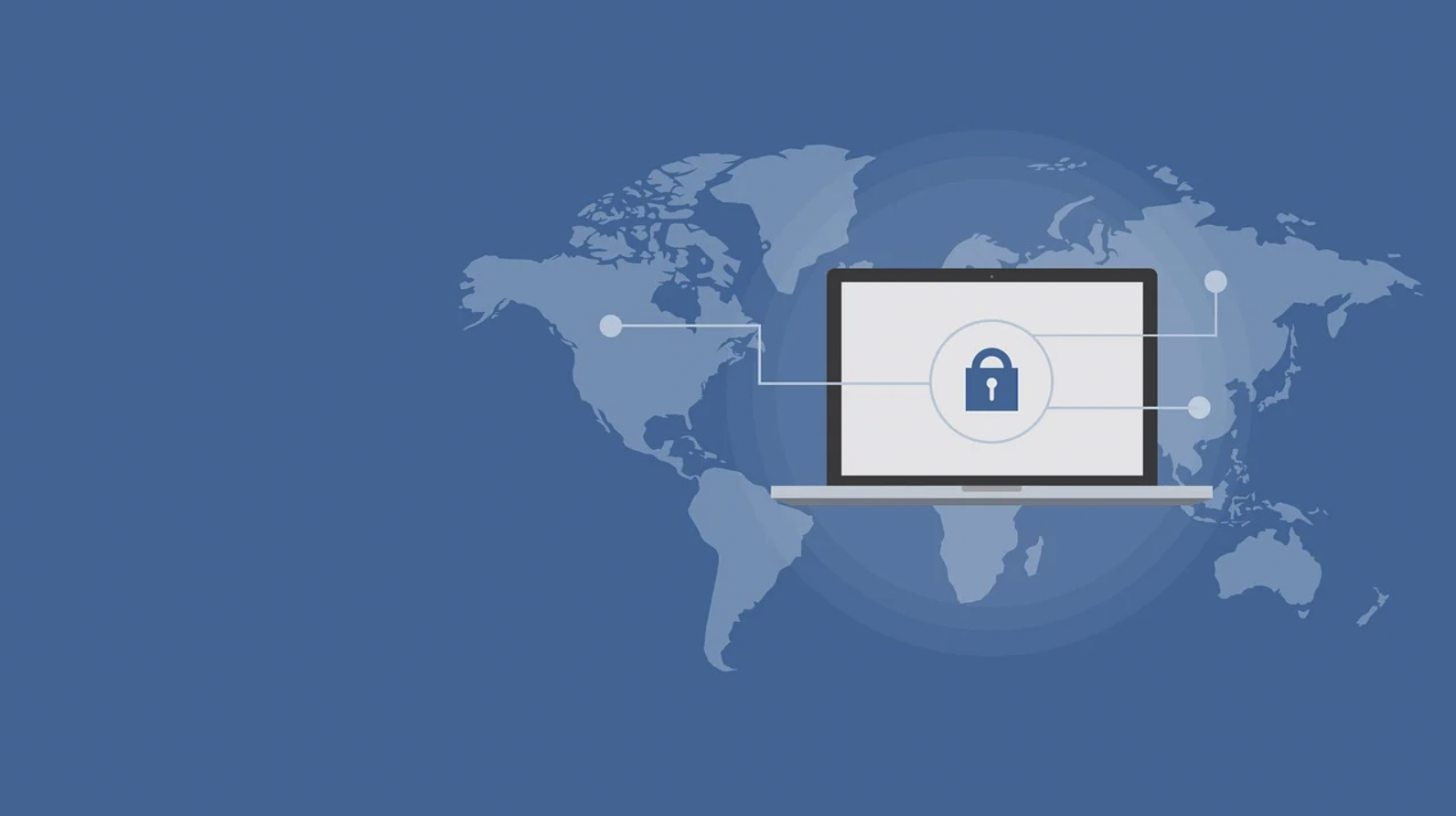The internet has become an essential component of our everyday lives. We use it for work, communicating with friends and family, online shopping, and entertainment.
The internet offers many opportunities, but it can also be dangerous.
No matter how careful you are, identity theft, cyberbullying, and other online threats are always risks. That’s why it’s critical to be aware of the risks and take measures to protect yourself online.
Keep your personal information to yourself
When creating an online account, use a pseudonym instead of your real name. Be careful what you post on social media and think twice before sharing personal information like your address or date of birth. Don’t use easily guessed passwords or answers to security questions.
Be aware of phishing scams
Phishing is an online scam where criminals pose as a reputable company to trick you into giving them your personal information. They may send an email or pop-up message that looks like it’s from a legitimate company, but it’s a fake. They may even go so far as to create a fake website that looks like the real thing. Be very careful about giving out personal information online, especially if you’re not 100% sure that the website or person is legitimate. Protect your browser with Guardio and install essential antivirus to secure your laptop.
Avoid HTTP Websites
When entering personal information on a website, ensure that the site uses HTTPS. That extra “S” stands for “secure,” which means the site uses encryption to protect your data. You can usually tell if a site is secure by looking at the URL. If it starts with “HTTPS://” then it’s probably safe, but if it just starts with “HTTP://” then it’s not.
Install security software
Invest in a good security suite for your computer. This will help protect you from viruses, malware, and other online threats. Make sure to keep your software up-to-date to have the latest security patches.
Keep your software up to date
Keeping your software up to date is one of the most crucial things you can do to stay secure online. This includes your operating system, web browser, plugins, and applications. Software updates often contain security patches that can help protect you from the latest threats.
Use caution when clicking links or opening attachments
Even if an email looks like it’s from a friend or a company you know, be cautious before clicking any links or opening any attachments. These can be used to install malware on your computer or steal your personal information. If you’re not sure whether an email is legitimate, contact the person or company directly to confirm before clicking anything.
Backup your data
Make sure you have a backup of all your important files if your computer is lost, stolen, or damaged. There are many ways to backup your data, including external hard drives, cloud storage services, and USB flash drives that automatically backup your files.
Be careful about Wi-Fi hotspots
Free Wi-Fi hotspots are convenient, but they can also be dangerous. Only use Wi-Fi hotspots that you trust and ensure your connection is encrypted, especially if you’re using a public computer. If you’re not using a secure connection, someone may be able to intercept the data you’re sending and receiving.
Be aware of what you’re downloading
Make sure you’re downloading files from the internet cautiously. Viruses and malware are often disguised as harmless files, like games or images. Only download files from trusted sources and make sure to scan them with security software before opening them.
Use two-factor authentication
Use two-factor authentication if you have it enabled on your online accounts. This adds an extra layer of security by requiring you to enter a code sent to your phone or email when you try to log in. Even if someone manages to guess your password, they won’t be able to log in without the code.
Monitor your activity
Regularly check your credit card and bank statements to ensure there are no unauthorized charges. Be aware of any strange activity on your accounts and change your passwords if you suspect someone has compromised. Review your social media posts and delete anything that scammers could use to steal your identity or defraud you.
You can help protect yourself from the many dangers online by following these tips. Stay safe out there!


